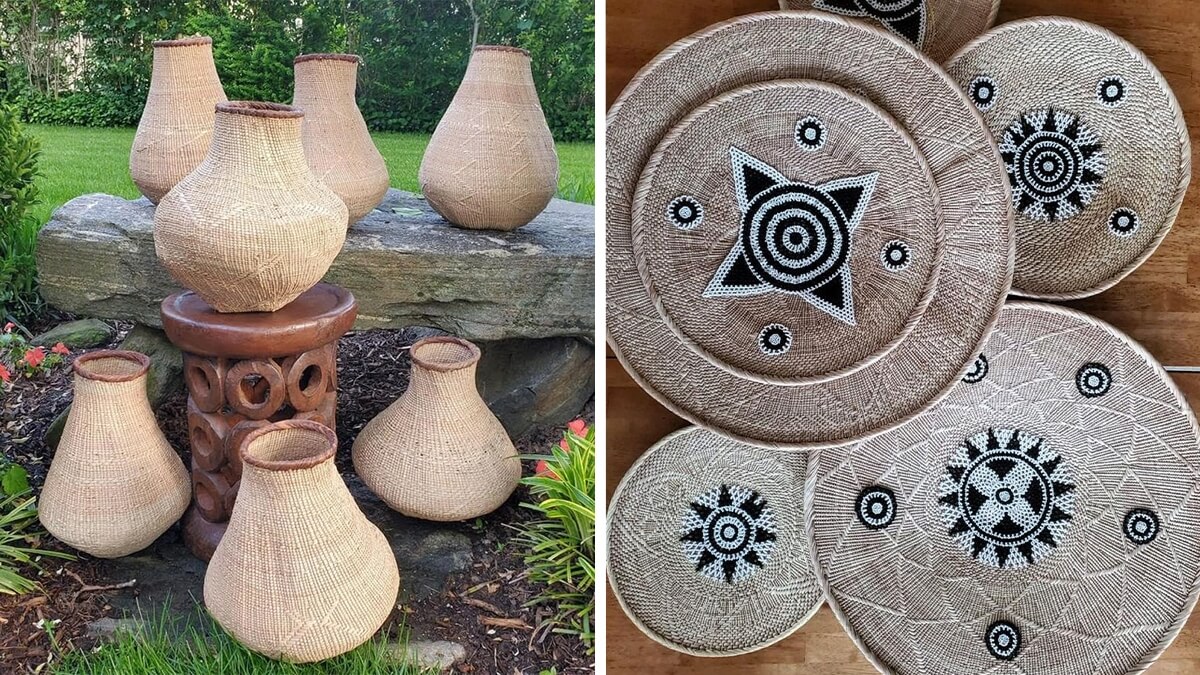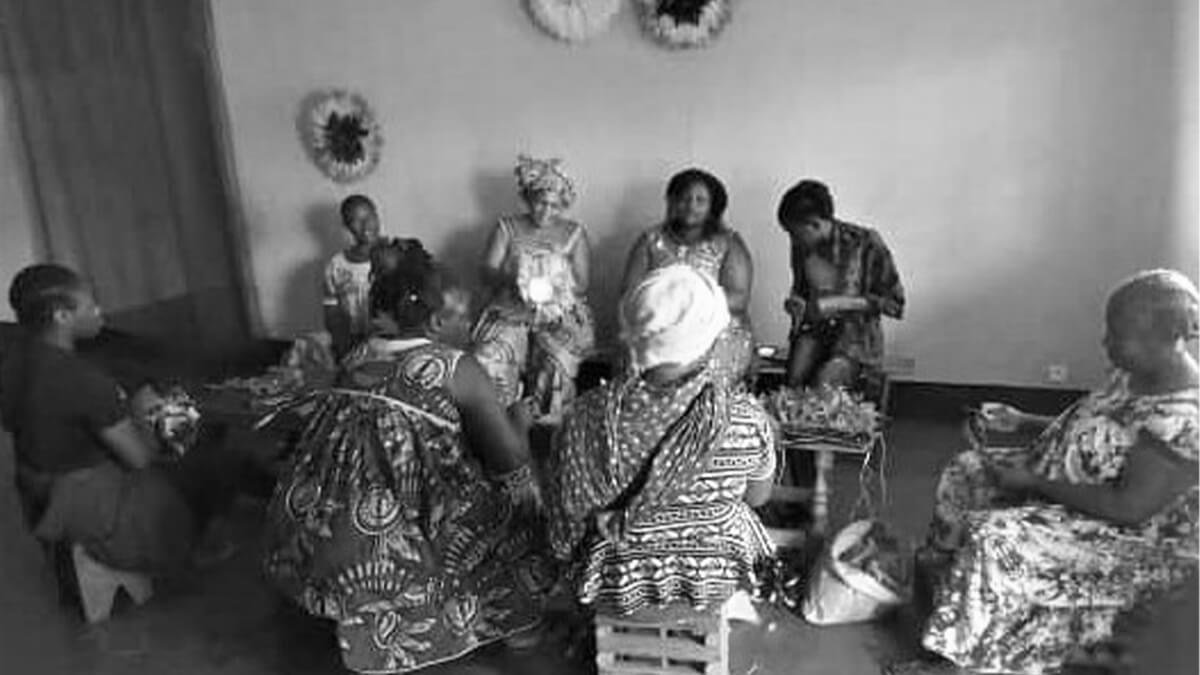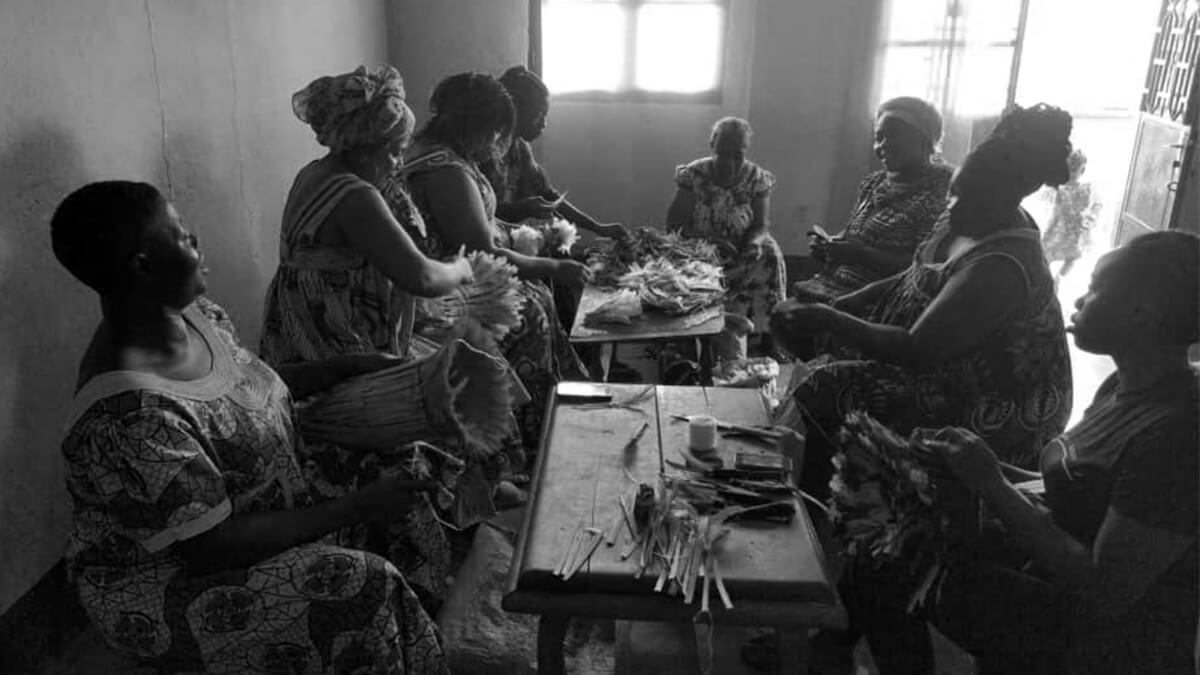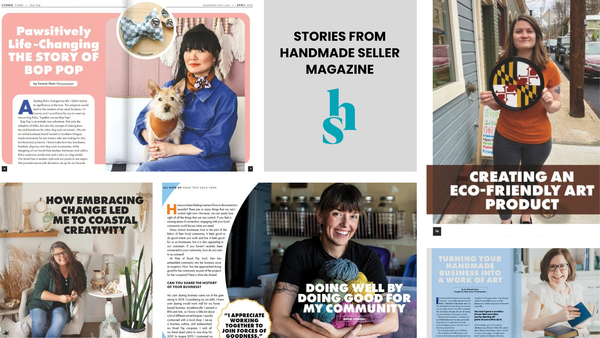How This Gallery Owner Started a Successful Business Selling Fair Trade African Art and Goods


Twenty-five years ago, Rose Luangisa moved over 7500 miles from Tanzania to New York, bringing her collection of African artifacts to her new home. Rose set up a table at a pop-up shop in Mount Vernon on a whim and tried her hand at selling the unique pieces. Shoppers expressed tons of interest in her goods. “I couldn’t believe how people were connected and so passionate about the pieces,” she said.
The experience inspired Rose to open her own shop in Mount Vernon, NY. The Luangisa African Gallery carries authentic, fair-trade and modern African art, artifacts, fashion, home decor, jewelry and textiles. Rose and her team work directly with artisans across the continent to share their rich African culture and heritage with the world.
We interviewed Rose to learn more about her business.

Artisan Joy: Can you share the backstory of your artisan partners, such as where they live, what life is like for them, etc.?
Rose Luangisa: We curate handmade art and pieces from artisans from all over Africa. For example, the Namji tribe in Cameroon craft our Namji Dolls and the Bamileke women in West Cameroon make our Juju Hats. We actually work directly with a group of 20 Bamileke master craftswomen to create them.
Our baskets are made in various villages such as Rwanda, the Mbunda craftswomen of the remote western province of Zambia and the Tonga tribe living in Northern Zimbabwe’s Zambezi Valley, to name a few. Every piece from Luangisa comes from a different artisan, and no two are exactly alike.

AJ: How does it feel to give your artisan partners a platform to showcase their creations to the world?
RL: It is incredible! Not only are they able to showcase their art and talent for making handmade items, but we also provide them with a fair and sustainable wage. In addition, many of the artisans we work with are women.
AJ: Can you describe the impact your brand has had on your artisan partners’ lives?
RL: It has allowed them to work doing what they love and provides a wage for their families.

AJ: How has working with your artisan partners changed your life?
RL: Every day, I am in awe of their incredible craftsmanship and dedication to the work. It is such an honor to reveal the rich African culture and heritage with the world through their pieces.

AJ: Describe how working with your artisan partners inspires you each day.
RL: I have an appreciation for their hard work, focus and dedication to their craft.
AJ: Name the biggest challenge of running your business.
RL: The biggest challenge is that many people don’t know about us. We are currently working to increase our marketing and get the word out even more.
AJ: How do you manage that challenge?
RL: I just hired a new team to help me manage marketing and day-to-day logistics as much of what I do is working with artisans and dealing with shipping in Africa.
AJ: What brings you joy?
RL: My family, my community and spreading the message about Africa and business to consumers.
Thanks, Rose! Handmade goods by African artisans are available for purchase at luangisa.com, and you can follow Luangisa African Gallery on Instagram.
This interview has been edited slightly for clarity.




